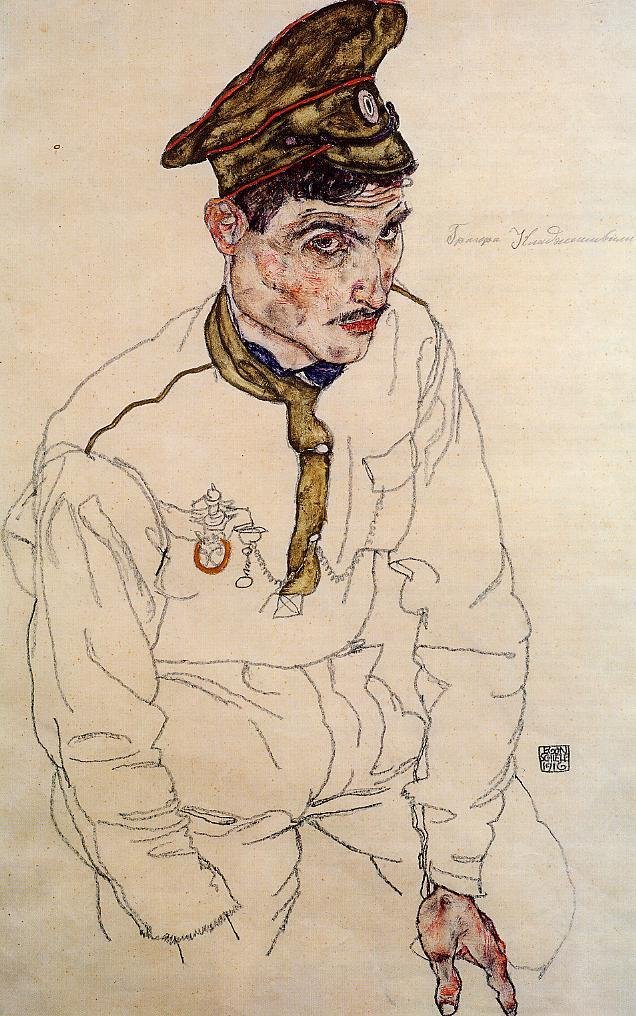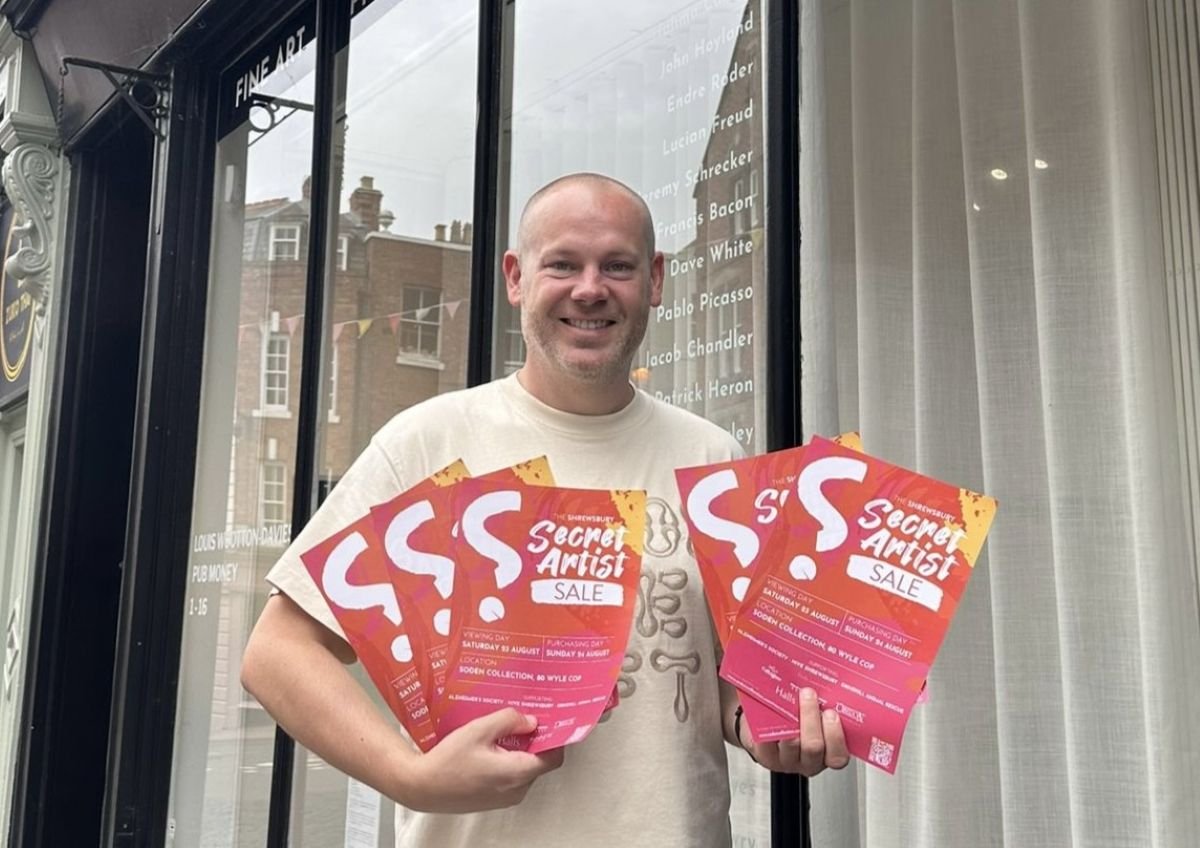A federal judge has reaffirmed the Art Institute of Chicago’s legal ownership of a drawing by Egon Schiele, allegedly stolen from an Austrian Jewish performer during World War II.
The heirs of a Fritz Grünbaum, an Austrian Jewish performer who was murdered at the Dachau concentration camp in 1941, had asked Judge John Koeltl of the federal district court in Manhattan to reconsider his decision in a civil lawsuit filed against the museum, seeking the return of the drawing to Grünbaum’s heirs.
In his latest February 28 memorandum, Koeltl upheld his prior decision to grant a motion to dismiss the case brought by Grünbaum’s heirs—Timothy Reif, David Fraenkel, and Milos Vavra. The case is separate from a criminal investigation led by Manhattan Attorney General Alvin Bragg, who has asked the New York Supreme Court to order Russia War Prisoner (1916) to be returned to the family. That case remains ongoing.
Koeltl reaffirmed his determination that the claims made by the heirs were barred by the statute of limitations and shot down allegations that the museum acquired the work unlawfully in 1966.
Specifically, the judge denied the family the ability to file a second amended complaint which would allow the heirs to make changes to their case and provide new evidence for reconsideration. In effect, he stated that the heirs’ arguments are futile and could not be salvaged with an amended complaint.
Koeltl has determined that, because the museum acquired the work in 1966, the statute of limitations would have initially run out in New York in 1969. The statute of limitations in New York, where the case was filed, is three years for such cases.
The judge shot down the argument that the Holocaust Expropriated Art Recovery Act of 2016, signed into law by former President Barack Obama and which successfully revived the statute of limitations, made a difference in the legal deadlines of this case.
“The only way that the plaintiffs’ claims could be timely is if the defendant acquired the artwork by theft, but that is clearly not the case, and the plaintiffs do not argue that the defendant stole the artwork,” Koeltl said in his decision.
Koeltl said that the argument that the Art Institute is a “bad-faith possessor” of the drawing is “without merit.” He determined that the family did not make factual allegations to support that claim and nowhere in prior court documents did the family accuse the museum of theft.
“Even now, the plaintiffs do not accuse the defendant of theft,” the judge said. The family has accused the museum of “having ignored government warnings” and “failing to investigate” while “overlooking” evidence that the drawing had been stolen from Grünbaum by the Nazis.
In his decision, the judge pointed to the outcome of another case, Bakalar v. Vavra, which found that another work in a similar case was legally owned by collector David Bakalar.
“The Art Institute of Chicago recently prevailed in civil litigation in federal court regarding Egon Schiele’s Russian War Prisoner. In the ruling, the judge specifically states that we are a ‘good-faith possessor’ of this work,” Megan Michienzi, executive director of the Art Institute of Chicago, said in an email. “We have always acted in good faith. If we had this work unlawfully, we would return it, but that is not the case here, as is made clear in the latest federal court ruling.”
In November, Koeltl temporarily halted another case brought by the family against the government of Austria, and the Albertina Museum and the Leopold Museum, both in Vienna.
The case against the Viennese museums is unique because it involves high levels of diplomacy between the United States and Austria, which has resisted past efforts to restitute works housed at the Albertina.
The lawyers for Grünbaum’s descendants assert that the Austrian government is bound by a number of U.S. laws, as well as the 1955 treaty that gave Austria its independence from the occupation of Allied powers after World War II, to return the works. The Austrian museums have said there is no evidence that the works in its possession were confiscated by the Nazis.
Follow Artnet News on Facebook:
Want to stay ahead of the art world? Subscribe to our newsletter to get the breaking news, eye-opening interviews, and incisive critical takes that drive the conversation forward.






